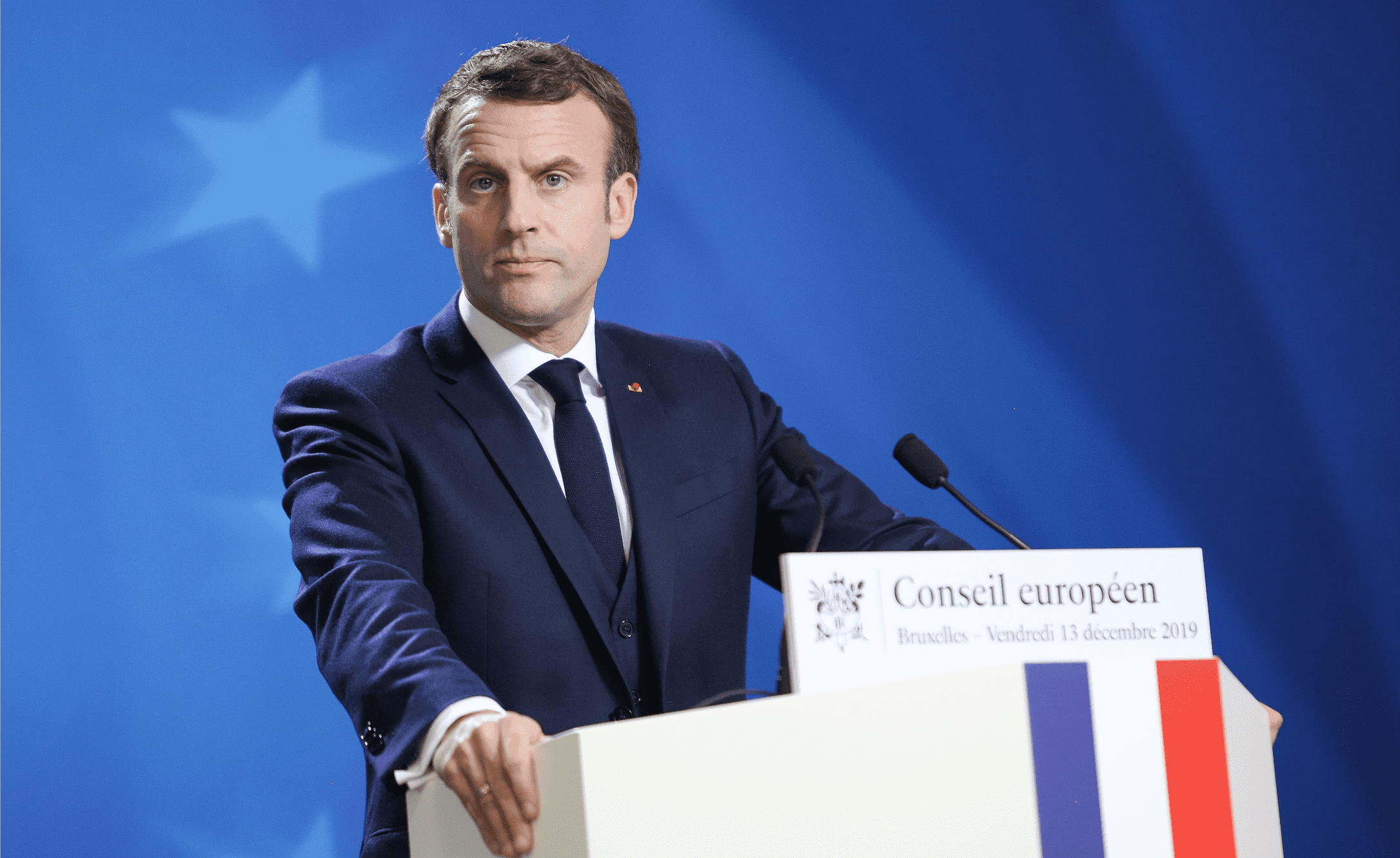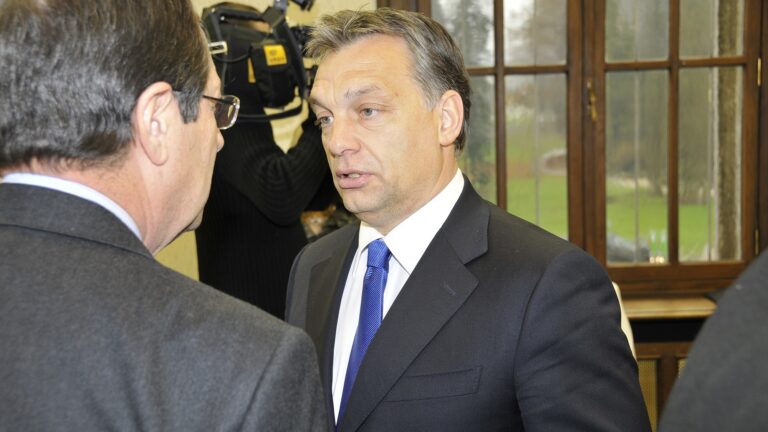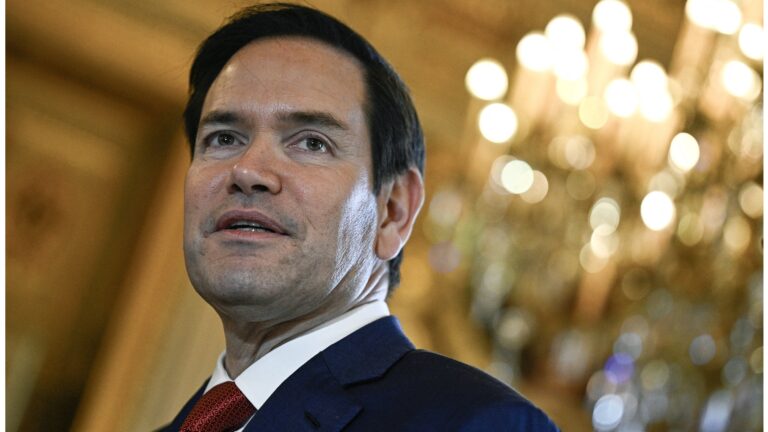On 1 January 2022 France took over the rotating presidency of the Council of the European Union from Slovenia. This presidency will take place during a turbulent period for France as the presidential elections taking place in April and the parliamentary elections taking place in June are approaching as well. On the one hand we can expect current French President Emmanuel Macron to use this opportunity to help further his domestic agenda and increase his chances of re-election, but on the other hand we can also consider this EU presidency a clash between polarised views regarding where the European Union should head and how its future should look like. This article aims at analyzing the French programme for this semester ahead and at finding out which objectives outlined in the programme are in accordance with the Hungarian interests and what are the points where Hungary is inevitably going to emerge as the main opponent of the French plans. After all, in order to shape the future of the EU every member state needs to find allies, and form coalitions in the decision-making processes.
Right at the beginning of President Macron’s mandate he made it clear that he has a sharp vision for Europe and that he will not hesitate to spend effort on seeing his proposed reforms through. Indeed, many claim that his main advantage that he managed to win the previous presidential election in 2017 with was that he positioned himself as a true pro-European leader which attracted more votes from the French electorate in the end than Marine Le Pen’s ideas based on the absolute protection of French national sovereignty.[1] Then, not long after having been elected he delivered a highly ambitious speech, – dubbed Initiative for Europe -, on how he imagines the future of the EU.[2]
On the occasion of announcing the French programme for its upcoming presidency Emmanuel Macron highlighted how extraordinary this semester is going to be given the fact that his country only exercises this role once every thirteen years. The French presidential programme anchors around three main ambitions. The first is to ensure the EU’s sovereignty by strengthening its borders, by engaging in major international issues, and by promoting stability and security in neighbouring regions. The second is to create a new European model of sustainable economic growth and the third is to create a Europe that reflects the expectations of its population.[3] France hopes to realise the goals set out in its presidential programme in line and in accordance with the trio of presidencies made up, besides France, of the Czech Republic and Sweden, to take over the second semester of 2022 and the first semester of 2023 respectively. Trios were introduced by the Lisbon Treaty in order to ensure continuity in presidential projects.[4]
First of all, the French EU Presidency claims that there is a need to strengthen European borders through the reform of the Schengen system
There is one topic, European sovereignty, that remained preponderant for Paris. This concept was already proposed in September 2017, and it involves greater cooperation within the EU in order to appear stronger and more united on the global stage. First of all, the French EU Presidency claims, there is a need to strengthen European borders through the reform of the Schengen system. France also aims at establishing a mechanism that would allow member states to offer border control aid where personnel and infrastructure are lacking. All this, in order to curb the European migration crisis which fuels vivid debates in the currently on-going French presidential campaign.[5] The Hungarian government also pledges to do everything in its power to curb the migration crisis, putting a special emphasis on the protection of the European culture and way of life. Although the motifs and methods of strengthening EU border control is different in the visions of these two governments, however we can expect further cooperation between them in the next six months.[6]
The European sovereignty according to the French should also be manifested in the field of defence and military potential. As France is now the only nuclear power within the EU Paris feels it is only natural that it takes leadership in the EU’s foreign and security affairs. Several projects have already been launched upon French initiative articulated in 2017, but now President Macron hopes to take this cooperation one step further by adopting a white paper on European defence at the Council of the European Union projected for March.[7] Hungary supports the idea of strengthening European common defence and the establishment of a European army in order to enable member states to engage in peacebuilding and peacekeeping missions abroad. However, the Hungarian government underlines that European defence cooperation should not disrupt the already existing NATO structure and that this cooperation must remain on the intergovernmental level.[8]
The third element of European sovereignty emphasised in the French programme is the active contribution to the stability of the EU’s neighbourhood. In this field the current French President has already elaborated several times on how very interrelated the African and the European continents are, especially demographically and security-wise. As a consequence, the French presidency of the EU will host an EU-AU (African Union) summit in Brussels on 17-18 February. In addition to Africa, another neighbouring region, the Western Balkans will also be high on the French agenda. Here, Paris would like to solidify Western Balkan countries’ engagement with Europe instead of turning towards other global actors, such as China or Russia for example.[9] Promoting stability in neighbouring regions is also a priority for the Hungarian government in its foreign policy. It is a widely accepted concept in Hungarian foreign policy thinking that problems should be solved where they first appear. As a result, Hungary agreed to send additional troops to engage in counter-terrorist missions within the Takuba Task Force operating as part of Operation Barkhane.[10] As for the Western Balkans, the Orbán government declared several times that the accession of Western Balkan countries to the EU is in Hungary’s best interest. Not only is it important to expand the European common market amidst the post-pandemic relaunch of the economy, but also to solve the on-going migration crisis.[11]
Considering the damage, the COVID-19 pandemic has been causing to the European economy the French presidency focuses also on the issue of growth. In this framework Paris prompts its European partners to increase innovation and productivity in order to maintain or even enhance the EU’s competitiveness in global trade. This is also related to the sovereignty agenda this way to be realised in the field of technology. This new European economic model will go hand in hand with climate goals and the agenda set out by the European Green Pact. Indeed, the French presidency considers green issues to be in the heart of its economic programme. They intend to do everything they can to ensure Europe is climate neutral by 2050, even if this means changes in the EU’s import mix. In this frame Paris would like to introduce a “mirror clause” into European foreign trade hence making sure the EU does not contribute to the further deforestation of the planet.[12] In Hungary many measures have already been taken in order to reduce carbon emissions. These measures include green investments, public incentives and tax waves with which the country actively contributes to the commitments agreed to in the European Green Pact.[13] Still on the green issue we can expect a closer cooperation between Budapest and Paris in the support of replacing fossil energy with nuclear energy sources. On this, Hungary and France stand on the same platform, while other EU members, most importantly Germany protest the acceptance of nuclear as a from of green energy.[14]
Hungarian Justice Minister Judit Varga also takes a hard stance on big tech companies as she engages Hungary into the forefront of developing common European regulation in the field
France also set out to create a digital single market, meaning the introduction of new regulations and reform in this field. This is important to keep up with global trends that make the protection of personal data crucial. In the digital single market Paris also wants to make sure that digital giants do not monopolise the market and evade taxes.[15] Hungarian Justice Minister, Judit Varga also takes a hard stance on big tech companies as she engages Hungary into the forefront of developing common European regulation in the field. The priority for Budapest is to protect personal data and the freedom of expression.[16] The economic programme also includes President Macron’s already controversial initiative regarding a European minimum wage and making sure gender equality is taken into consideration when discussing wages of employees.[17] Regarding the issue of a European minimum wage Hungary opposes to the French initiative. The Hungarian government believes that the decision-making authority over national minimum wages should be left with the national governments.[18]
The last axis France builds its presidency around is European humanism. In this framework President Macron set out to involve European citizens more into the discussion about the future of the EU. Moreover, he would like to ensure greater coherence among eastern and western members of the Union, so that a true European identity could be formed.[19] On this issue the Hungarian view is that there can be no scenario where a European identity could replace the national identities of the European population. Maintaining the distinctive national culture is an important priority for Budapest. On the issue of the rule of law, where French President Macron and Hungarian Prime Minister Viktor Orbán disagree the most, we can expect vivid and lively debates during this upcoming EU Council presidency.
Overall, it is apparent that in most cases the French and the Hungarian goals are the same, although the two strong leaders oppose each other in the way of getting there. As they themselves claimed it so eloquently they are indeed political adversaries but European partners.[20] It still remains to be seen what stance France will choose in dealing with its European partners as the clock is ticking fast, results would be best delivered before the first round of the French presidential elections taking place on 10 April 2022.
[1] https://www.politico.eu/article/france-elections-2017-presidential-candidates-eu-wishlists-macron-melenchon-le-pen-fillon/
[2] https://www.elysee.fr/emmanuel-macron/2017/09/26/initiative-pour-l-europe-discours-d-emmanuel-macron-pour-une-europe-souveraine-unie-democratique
[3] https://presidence-francaise.consilium.europa.eu/
[4] https://www.diplomatie.gouv.fr/fr/politique-etrangere-de-la-france/europe/la-presidence-francaise-du-conseil-de-l-union-europeenne/
[5] https://www.euronews.com/2022/01/01/france-sets-out-an-ambitious-programme-for-its-presidency-of-the-european-union
[6] https://kormany.hu/hirek/menczer-tamas-az-orban-kormany-mindent-megtesz-a-bevandorlas-ellen
[7] https://www.touteleurope.eu/presidence-du-conseil-de-l-union-europeenne/emmanuel-macron-devoile-les-priorites-de-la-presidence-francaise-du-conseil-de-l-ue-pfue/
[8] https://eu.mfa.gov.hu/news/magyarorszag-tamogatja-az-europai-vedelmi-egyuettmukoedes-megerositeset
[9] https://www.touteleurope.eu/presidence-du-conseil-de-l-union-europeenne/emmanuel-macron-devoile-les-priorites-de-la-presidence-francaise-du-conseil-de-l-ue-pfue/
[10] https://www.forcesoperations.com/amp/des-hongrois-dans-la-tf-takuba-en-2022/
[11] https://kormany.hu/hirek/szijjarto-magyarorszag-erdeke-a-nyugat-balkan-europai-integracioja
[12] https://www.touteleurope.eu/presidence-du-conseil-de-l-union-europeenne/emmanuel-macron-devoile-les-priorites-de-la-presidence-francaise-du-conseil-de-l-ue-pfue/
[13] https://mfk.gov.hu/europai-zold-megallapodas-az-elso-klimasemleges-kontinens-megteremtese.html
[14] https://www.reuters.com/business/energy/germany-four-others-oppose-classing-nuclear-green-eu-2021-07-02/
[15] https://www.elysee.fr/emmanuel-macron/2021/12/09/presentation-de-la-presidence-francaise-du-conseil-de-lunion-europeenne
[16] https://hungarytoday.hu/government-big-tech-companies-regulation-transparency-google/
[17] https://www.touteleurope.eu/presidence-du-conseil-de-l-union-europeenne/emmanuel-macron-devoile-les-priorites-de-la-presidence-francaise-du-conseil-de-l-ue-pfue/
[18] https://kormany.hu/hirek/a-minimalber-szabalyozasat-a-tagallamoknal-kell-hagyni-az-eu-ban
[19] https://www.touteleurope.eu/presidence-du-conseil-de-l-union-europeenne/emmanuel-macron-devoile-les-priorites-de-la-presidence-francaise-du-conseil-de-l-ue-pfue/
[20] https://www.elysee.fr/emmanuel-macron/2021/12/13/deplacement-du-president-de-la-republique-en-hongrie








